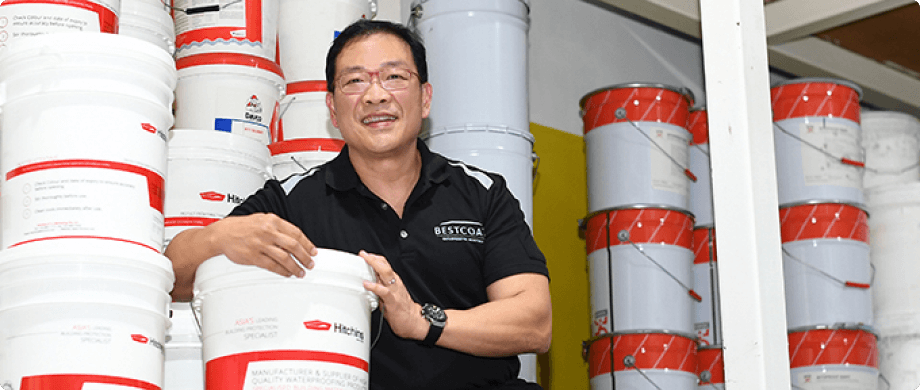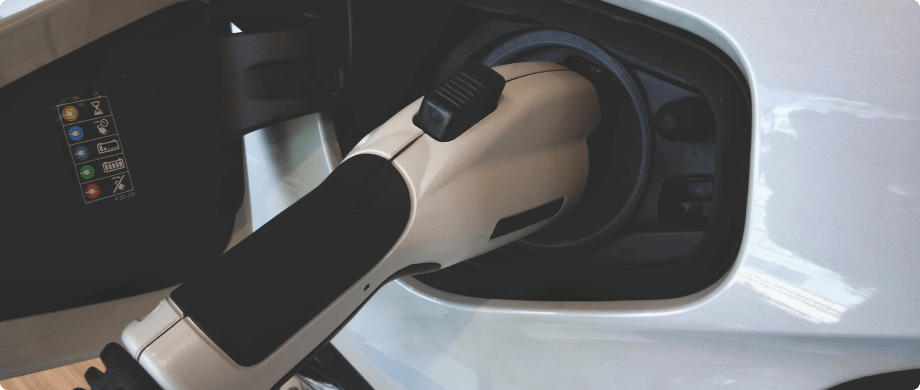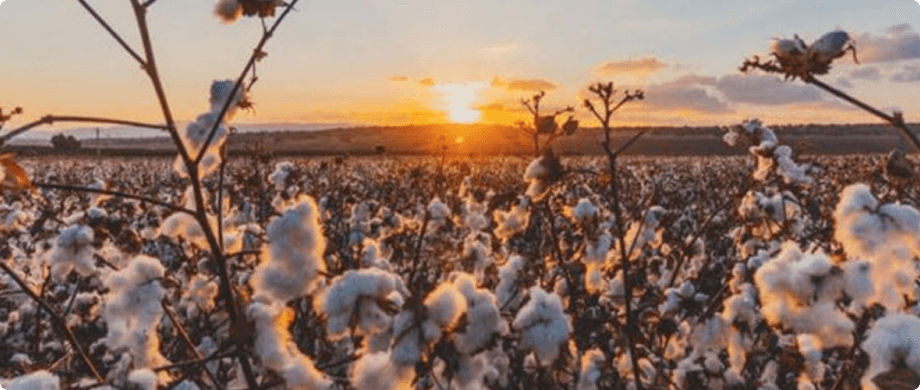

Below find examples of businesses that have begun to invest in steps to reduce their emissions.
Potential sources of financial support – summary table
| Stakeholder | Motivation for providing financial support | Examples of what financial support might be available | Examples of who you could speak with to learn if support offered |
|---|---|---|---|
|
|
|
|
|
|
|
|
|
|
|
|
|
|
|
|
|
|
|
|
Get in touch
Questions, feedback or suggestions? Get in touch!








